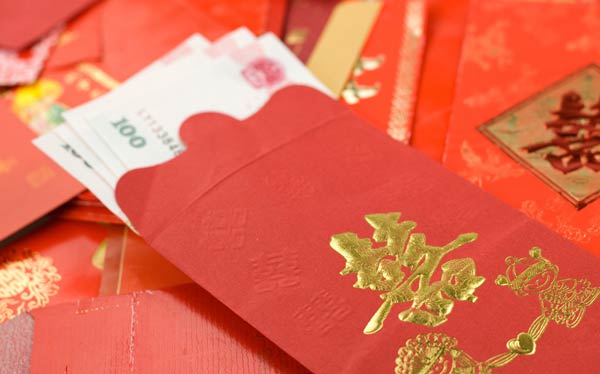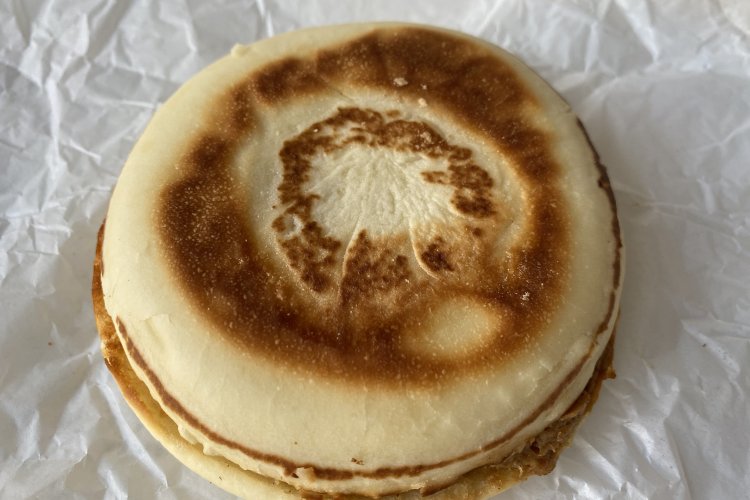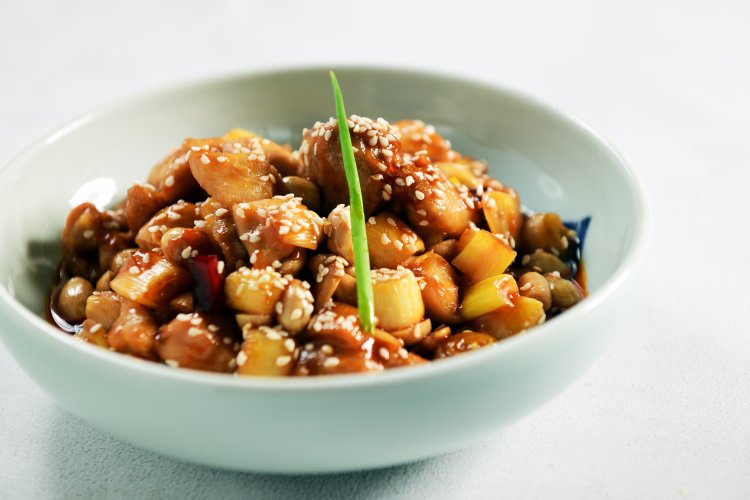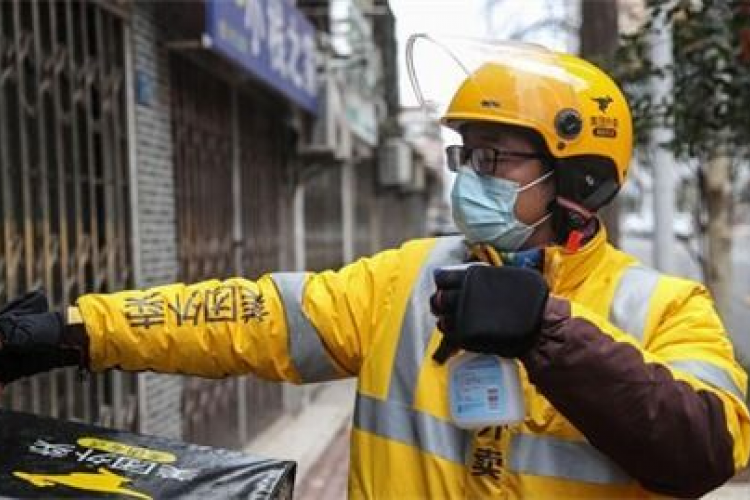Even When Not Playing, WeChat Still Wins the 2017 Hongbao Wars
This post comes courtesy of our content partners at TechNode.
This year’s hongbao war winner goes to WeChat, who sent out 14.2 billion red envelopes on New Year’s Eve. Alipay adopted augmented reality technology to its lucky money promotion, inspired by PokemonGO, but was not strong enough to battle WeChat’s hongbao feature, which became a hugely common culture in China.
A total of 14.2 billion red envelopes were exchanged via WeChat on New Year’s Eve alone, peaking at midnight with 760,000 transactions per second, according to state-run Global Times. The figure was up 75.7 percent in comparison with the same period in 2016, according to WeChat’s press release.
Zhang Xiaolong, head of WeChat, previously announced that there would be no red envelope promotions on WeChat for the coming Spring Festival. However, we witnessed that WeChat, which has 80 percent weekly active penetration rate among other social apps in China, appealed to its users as a dominant app to send out hongbao against its counterpart Alipay. Grabbing hongbao on WeChat groups became a popular and common culture in China, and local smartphone companies even rolled out some useful features to help its users grab hongbao earlier than other peers.
As you can see from 2016 WeChat data report, WeChat lucky money is not only sent during Spring Festival, but also other Chinese holidays, like Mid-Autumn Festival or Valentine’s Day.
Apart from its AR-powered lucky money promotion, Alipay continued last year’s theme of collecting five different styles of fu (福 fú or “good fortune” in English), giving away RMB 200 million (USD 29 million) in cash and coupons to users who completed the collections.
Tencent’s other instant messaging tool QQ also rolled out AR-featured marketing campaign, which attracted 342 million users, 68 percent of whom are from the post-90 generation, according to Global Times.
Images: chinainternetwatch.com, chinachannel.co









